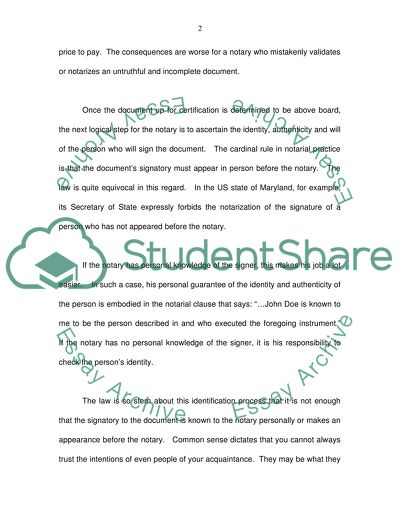Cite this document
(“Notarial practice Essay Example | Topics and Well Written Essays - 2250 words”, n.d.)
Notarial practice Essay Example | Topics and Well Written Essays - 2250 words. Retrieved from https://studentshare.org/law/1506526-notarial-practice
Notarial practice Essay Example | Topics and Well Written Essays - 2250 words. Retrieved from https://studentshare.org/law/1506526-notarial-practice
(Notarial Practice Essay Example | Topics and Well Written Essays - 2250 Words)
Notarial Practice Essay Example | Topics and Well Written Essays - 2250 Words. https://studentshare.org/law/1506526-notarial-practice.
Notarial Practice Essay Example | Topics and Well Written Essays - 2250 Words. https://studentshare.org/law/1506526-notarial-practice.
“Notarial Practice Essay Example | Topics and Well Written Essays - 2250 Words”, n.d. https://studentshare.org/law/1506526-notarial-practice.


